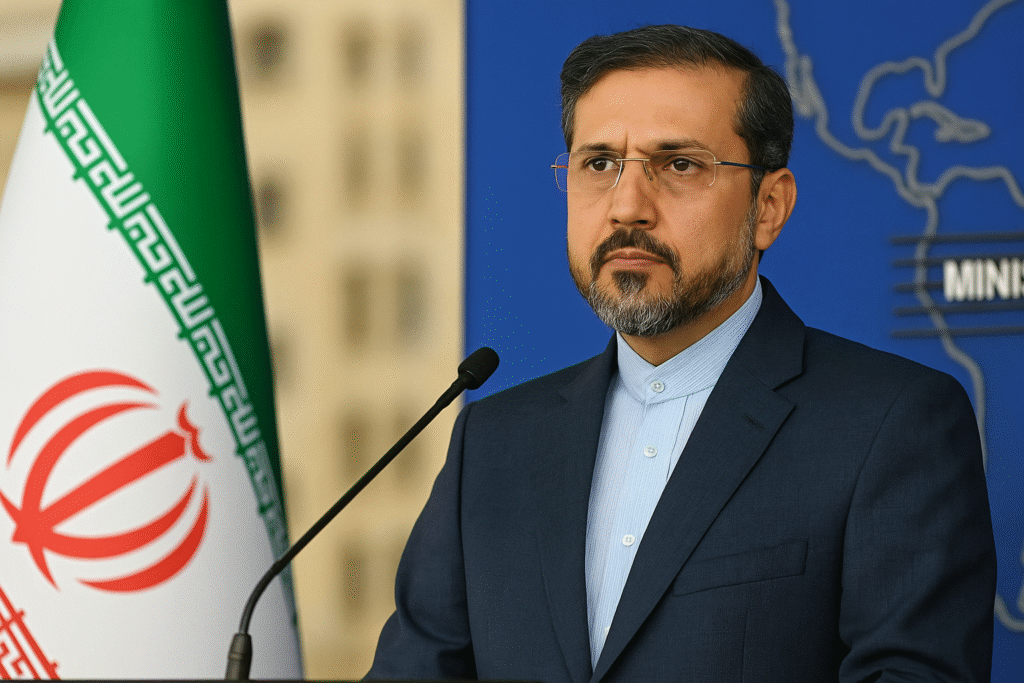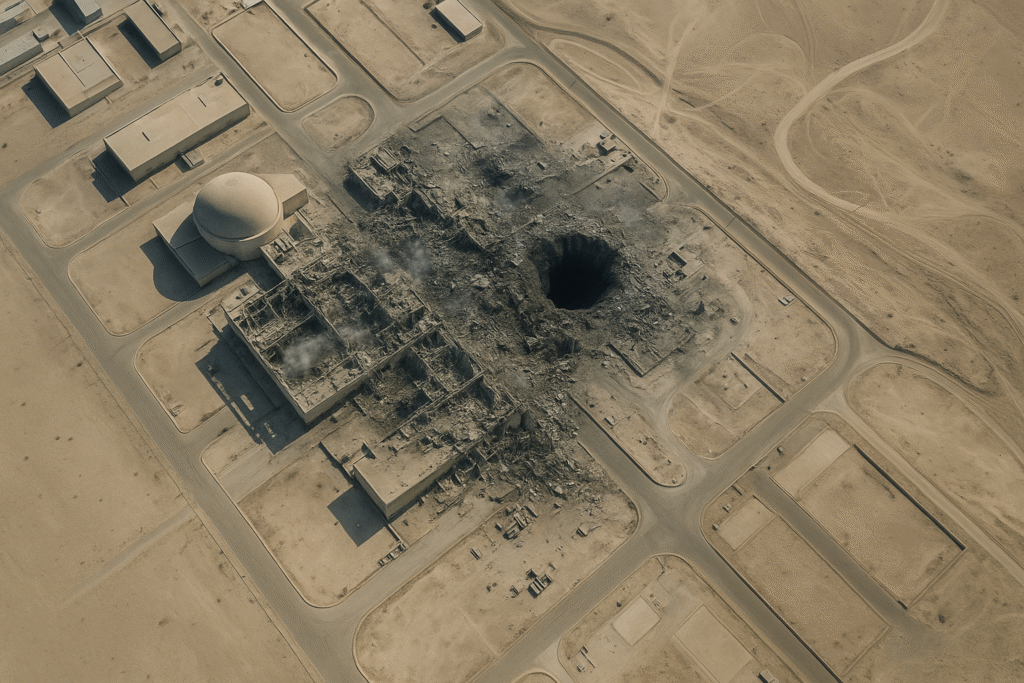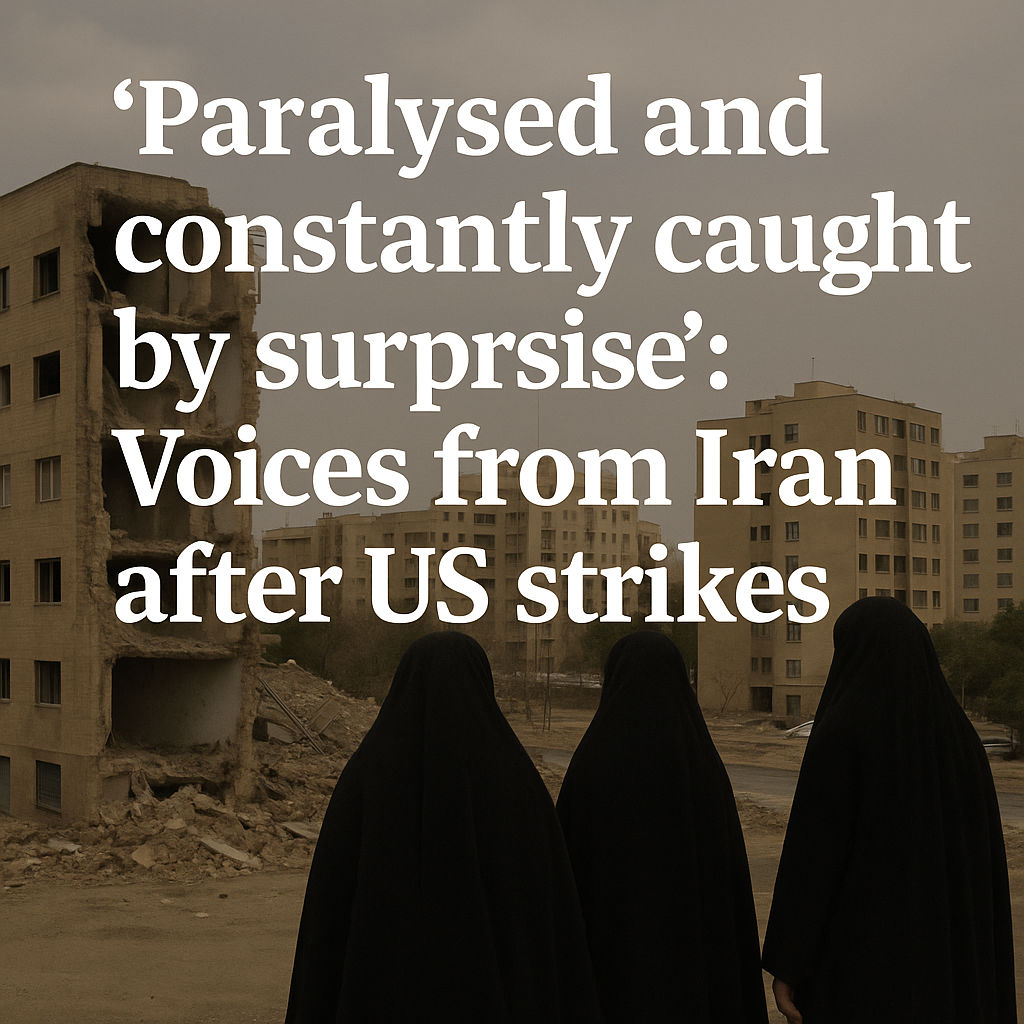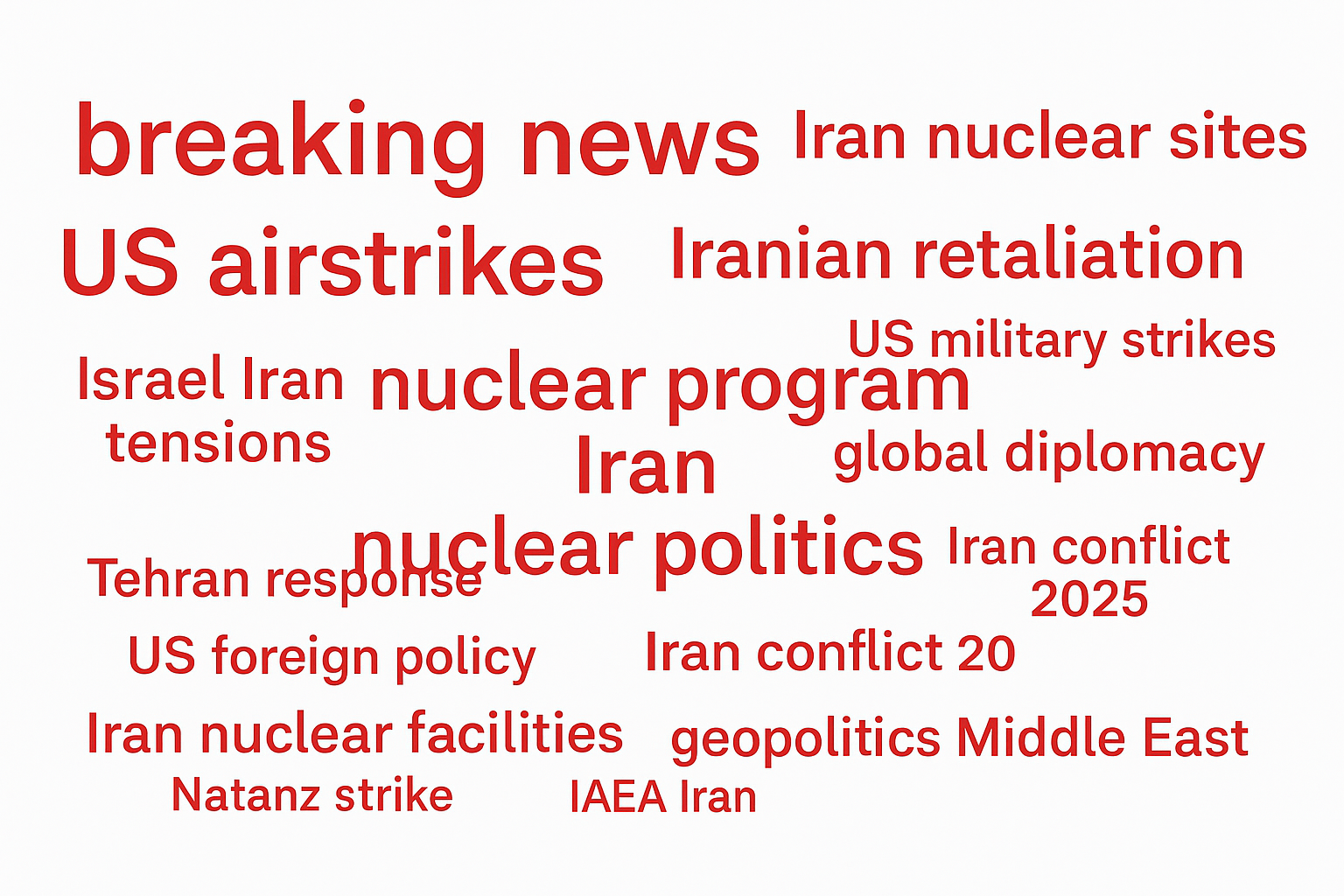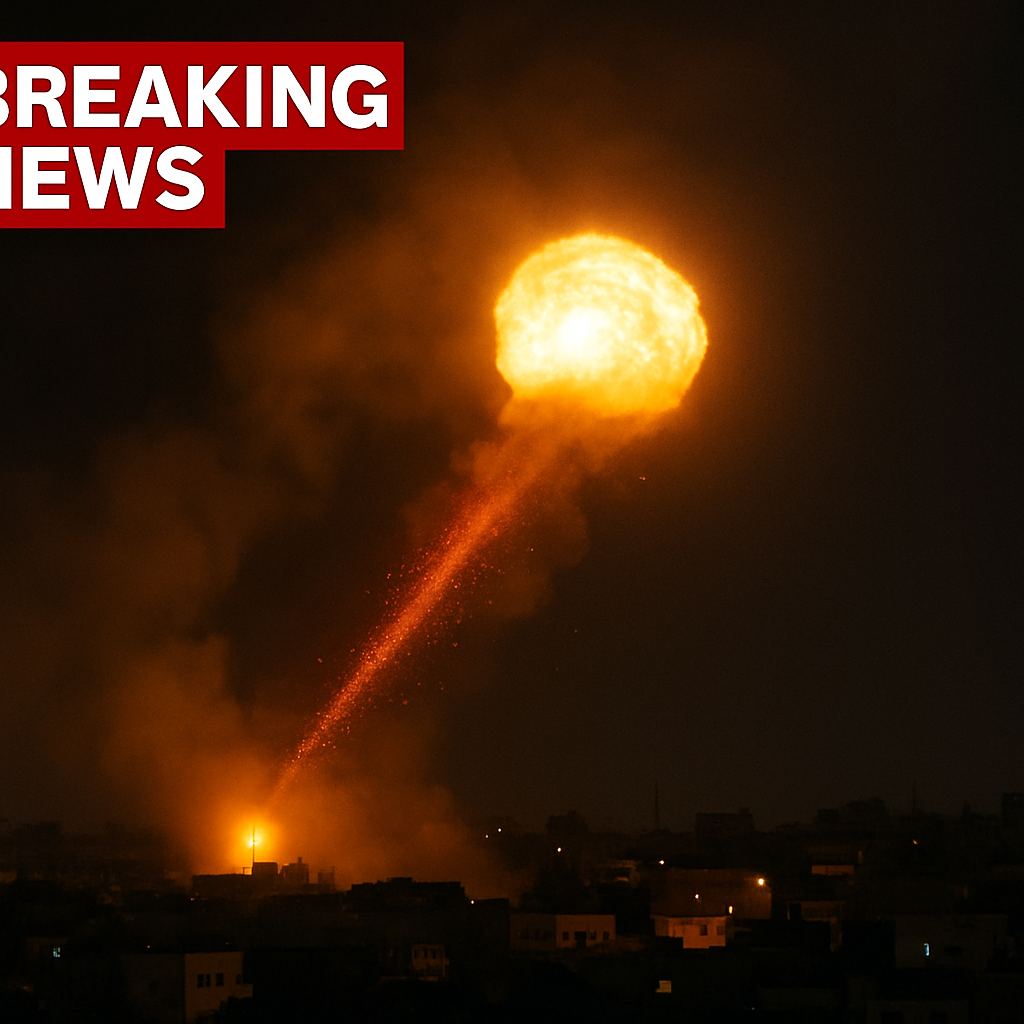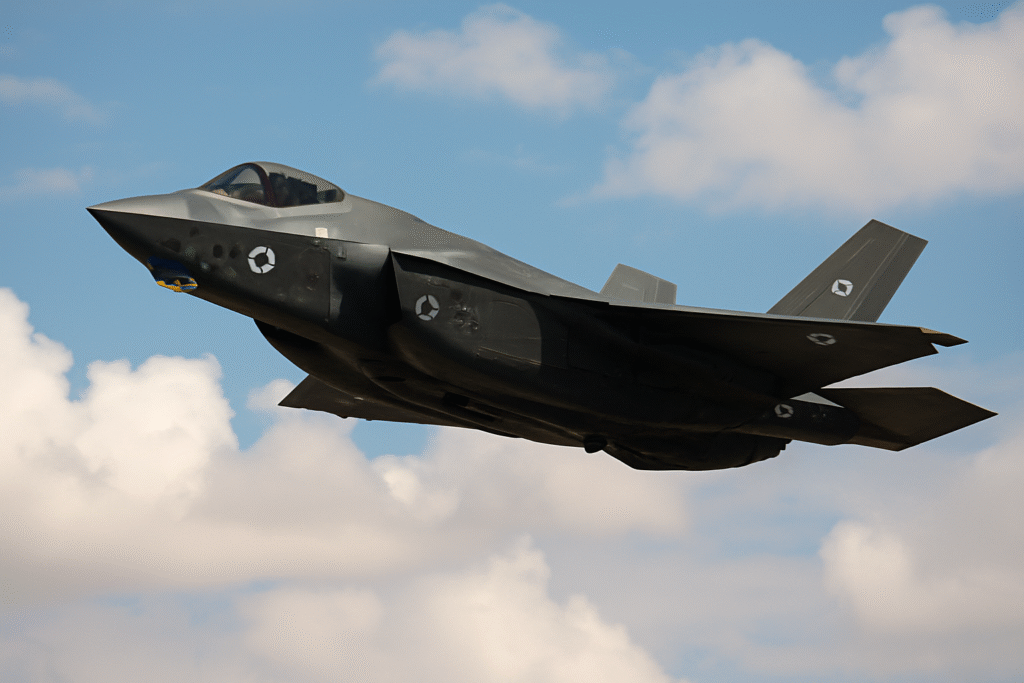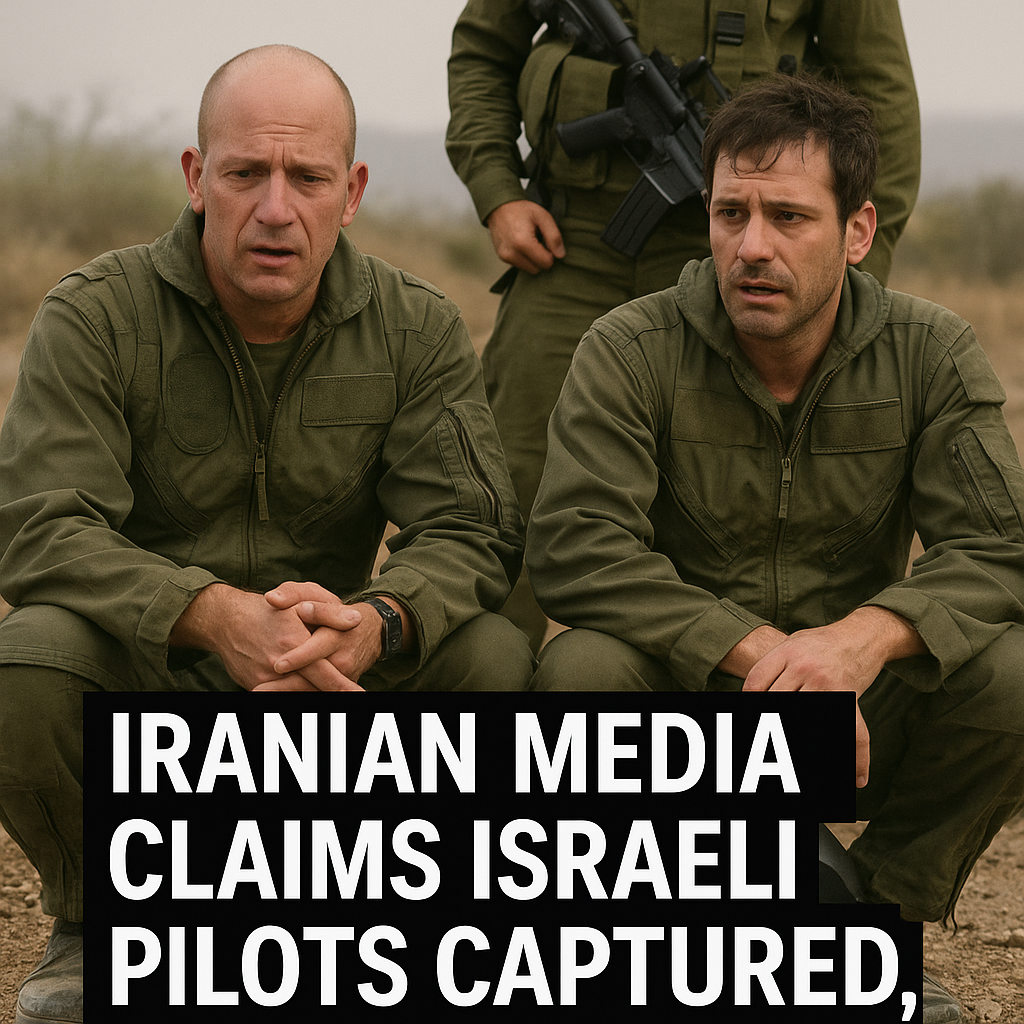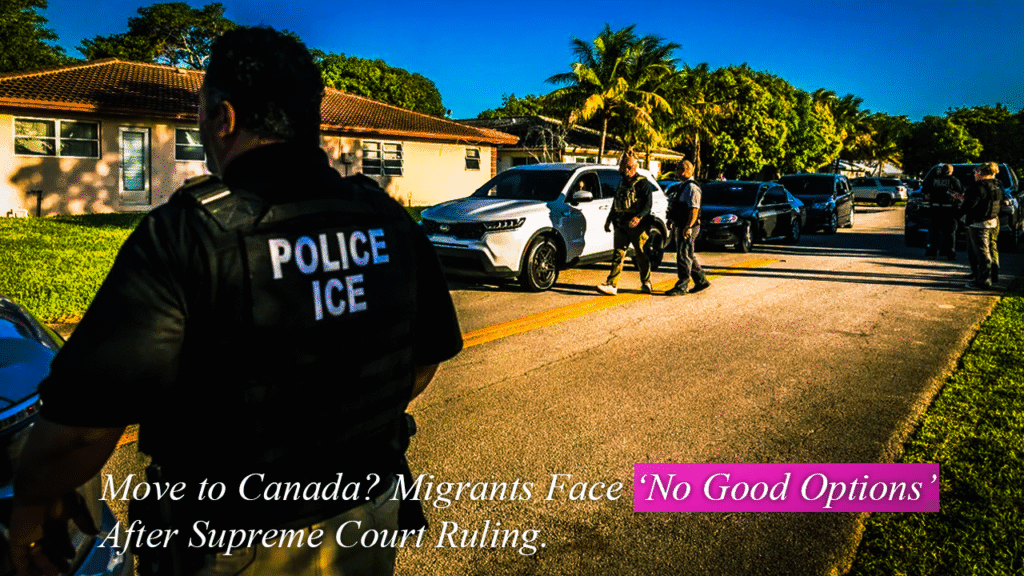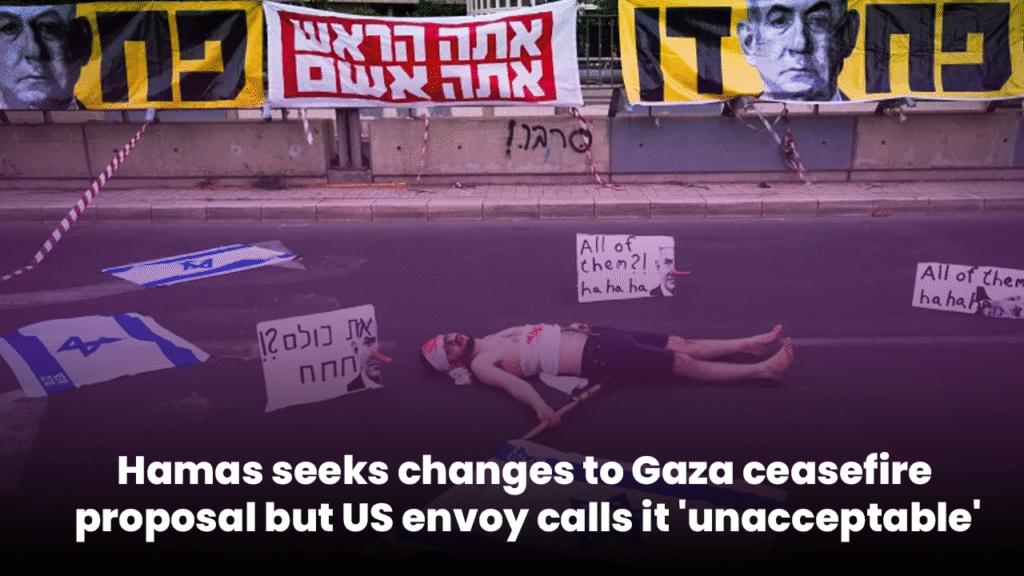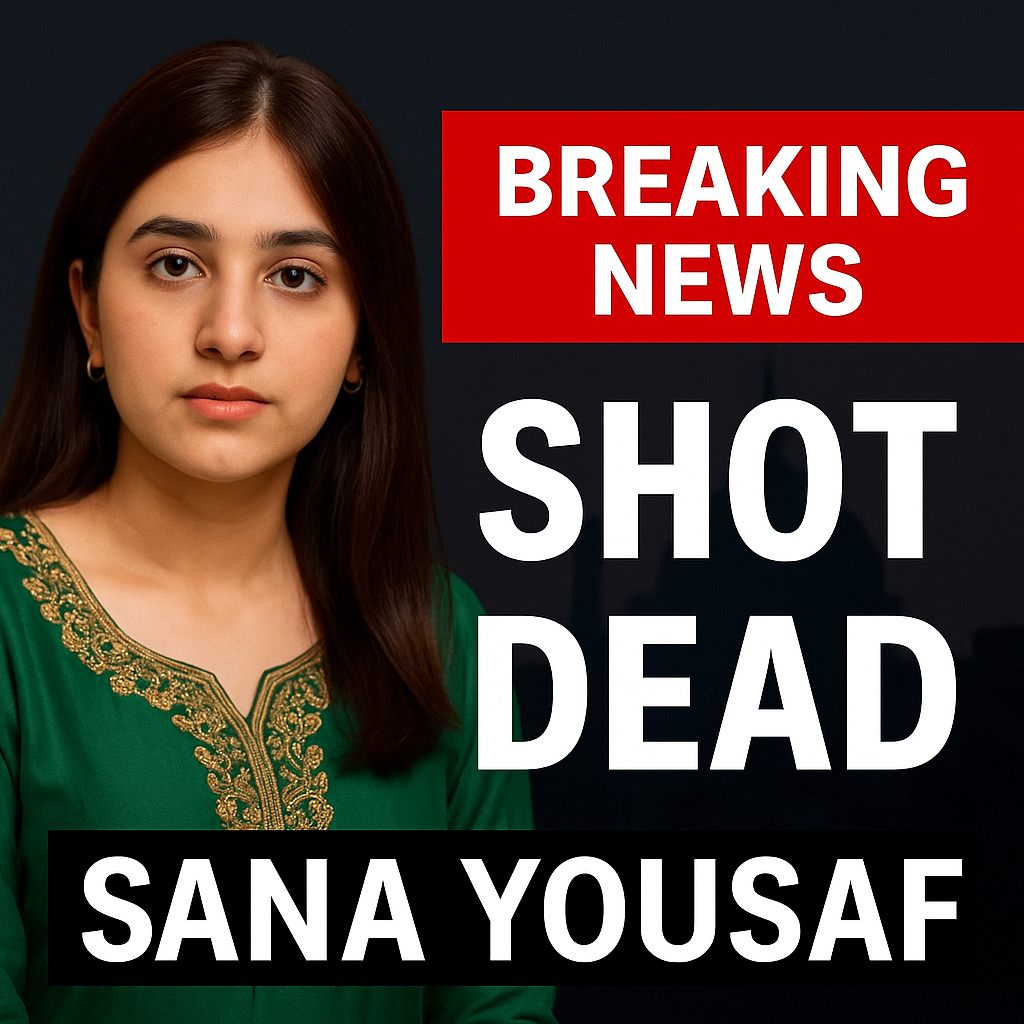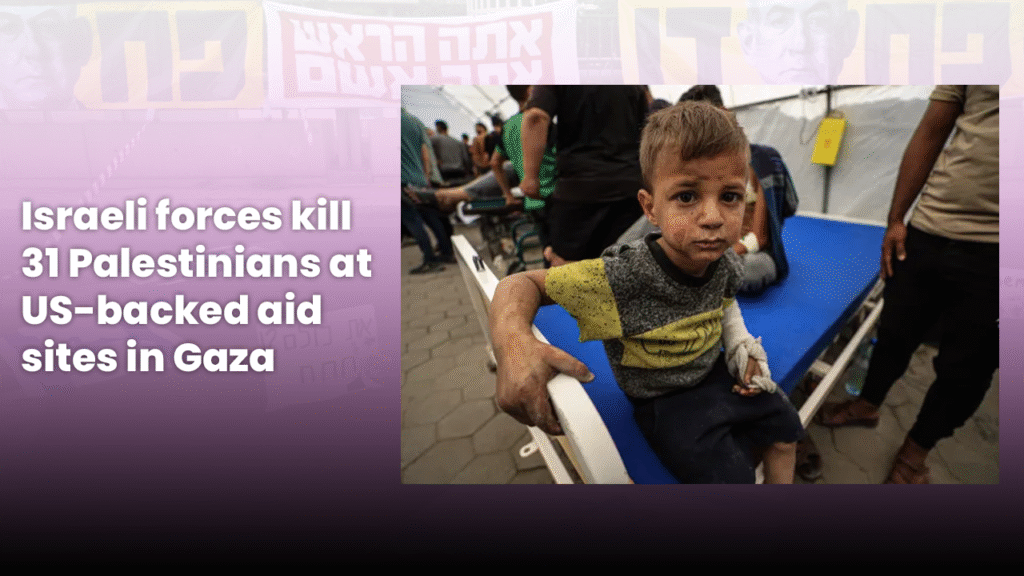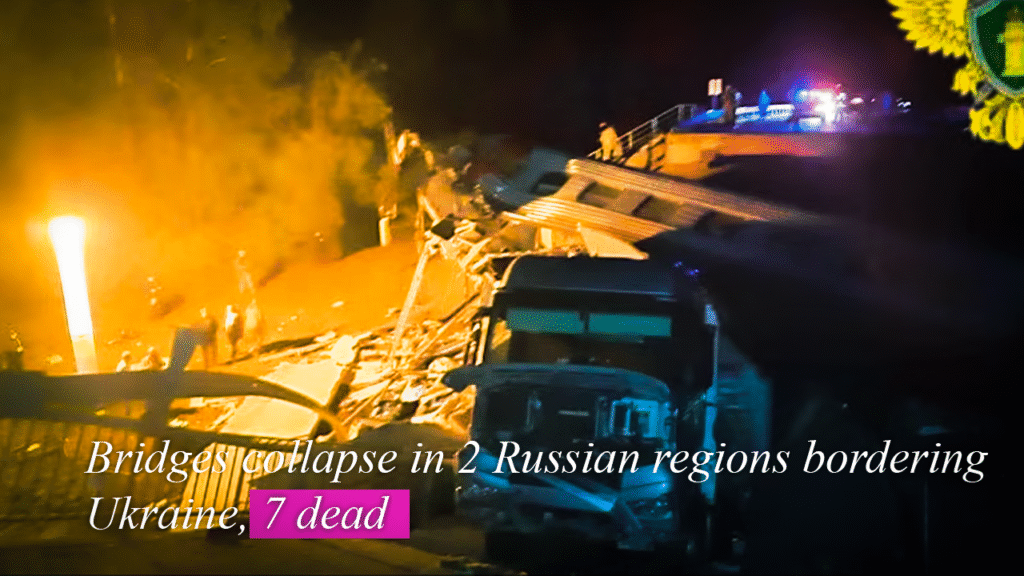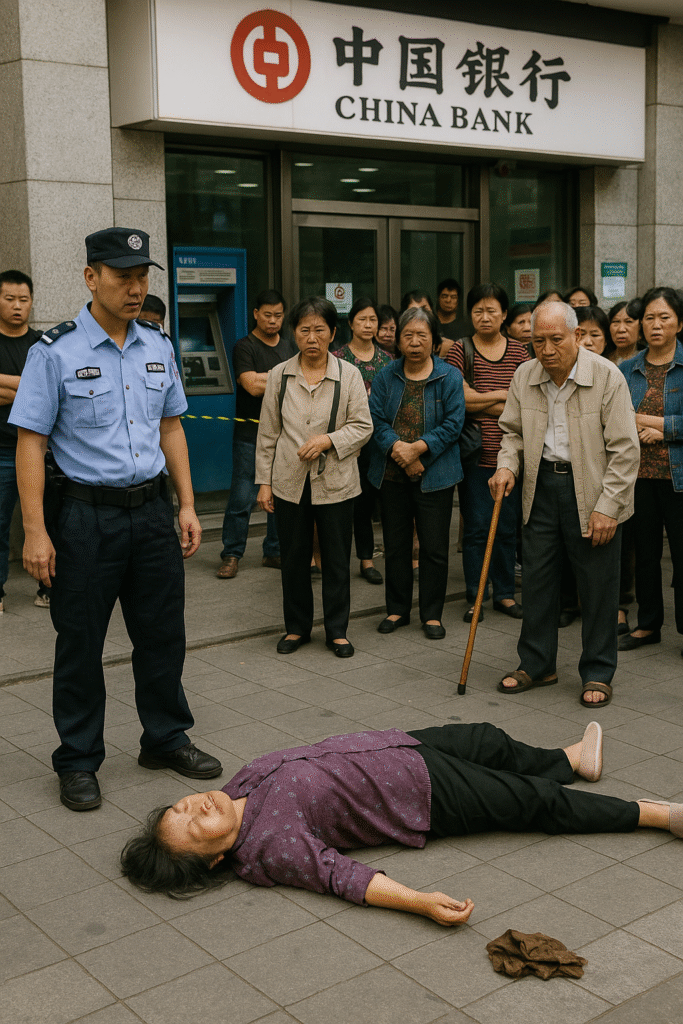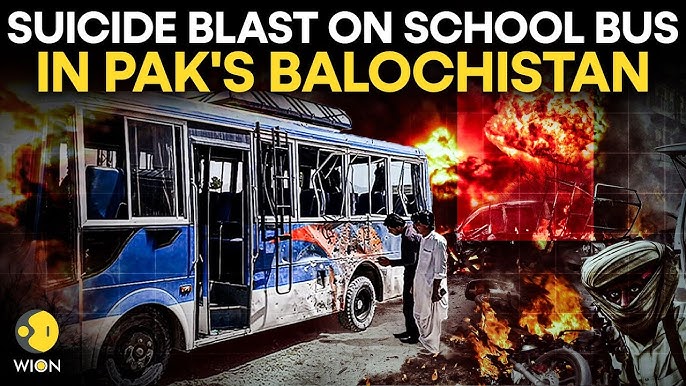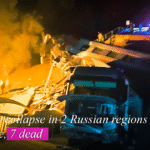Israeli forces kill 31 Palestinians at US-backed aid sites in Gaza
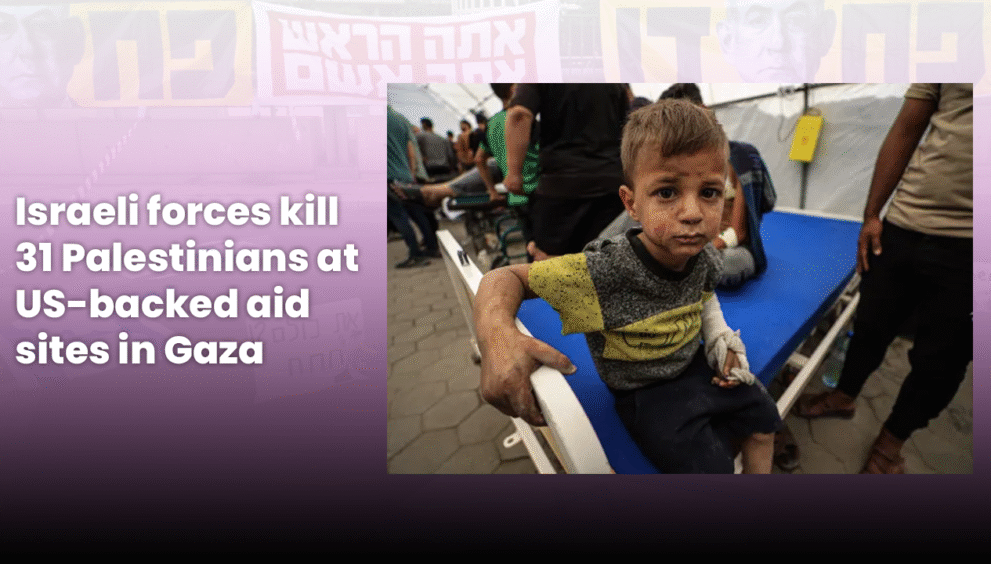
A Thorough Analysis of the Fatal Attack on Humanitarian Aid Centers in Gaza
On a particularly recent and unsettling day that was defined by a shocking eruption of violence in the Gaza region, Israeli military forces conducted a lethal airstrike that tragically claimed the lives of 31 Palestinians. Among the dead are several women and young children, which adds a somber detail to the already dire situation. This gruesome incident occurred in relatively close proximity to areas where aid distribution centers, sponsored by the United States, were in operation. The viciousness of this act has created widespread indignation across the globe, with severe condemnation coming from many international human rights organizations. This has also further resulted in heightened scrutiny of the military tactics employed by Israel, especially considering the ongoing humanitarian crisis that continues to unfold in the region.
Background of the Gaza Conflict and Humanitarian Crisis
Gaza: A Region That Experiences an Ever-Sustained and Never-Ending State of Siege
Gaza has been under a tight blockade by Egypt and Israel since 2007, and this has brought about a critically dire situation for its residents of approximately 2.3 million. Due to the extreme restrictions imposed on the area, residents are faced with extreme limitations regarding access to basic necessities such as food, clean water, electricity, and necessary medical supplies. Due to the extreme restrictions imposed on the area, residents in Gaza are heavily reliant on international aid convoys and humanitarians, which act as a lifeline with regard to provisions to maintain their very survival.
The Role and Importance of United States-funded Aid Programs in the Gaza Strip
Over the last several months, the United States has considerably intensified its assistance to various humanitarian operations that are being conducted within Gaza, with a view towards attempting to stabilize the increasingly worsening conditions that most people are experiencing. In light of this pressing requirement, aid distribution centers have been methodically set up throughout the region, which are made possible by various non-governmental organizations and closely coordinated with support from the US government, all in an effort to make sure that civilians in these regions are provided with vital food supplies and necessary medical assistance. Nonetheless, it is worth mentioning that the chronic militarization of these aid zones has led to them growing increasingly volatile and unstable, posing difficulties to the security and effectiveness of the aid operations.
Precise and Focused Strikes near Humanitarian Areas
According to eye-witness accounts on the ground as well as accounts submitted by local health authorities, it has been verified that Israeli airstrikes and artillery missiles specifically hit designated areas that were set aside for the delivery of humanitarian assistance. This inhumane attack was carried out at rush hour, when hundreds of Palestinians had converged in huge groups to pick up desperately needed food items.
Death count jumped quickly to an all-time high of 31 people killed and dozens more reported injured—most of them classified as critical. Emergency workers reported that ambulances had great difficulty reaching the site of the accident due to the incessant and unremitting shelling, which left victims to bleed on the ground for hours with no quick aid.
Humanitarian Workers Among the Dead
Several committed aid workers, who were part of local non-governmental organizations and international ones as well, unfortunately lost their lives or suffered severe injuries as a direct consequence of the latest attack. Their fatalities equate to a tragic loss that significantly affects the already stretched relief efforts efforts being implemented in Gaza, creating a ripple effect that hinders the distribution of necessary resources and aid to the civilian population.
Quotations from the Red Cross and United Nations
United Nations Office for the Coordination of Humanitarian Affairs, or OCHA, strongly condemned the recent attack as a “blatant violation of international humanitarian law” that could not be overlooked. The same reaction, the International Committee of the Red Cross, or ICRC, expressed its serious and grave concern about the intentional targeting of facilities known to be humanitarian assistance centers, cautioning that this unfortunate event could be deemed a war crime by the Geneva Conventions.
United States Response to the Attack
Even as the United States has firmly reaffirmed its unwavering solidarity with Israel’s inherent right to defend itself against all existing conflicts, a State Department official took the opportunity to emphasize the importance of exercising “extreme caution around humanitarian sites.” The statement was made in recognition of the tragic and deplorable deaths which have been reported, and which the official referred to as “deeply troubling.” Washington lawmakers are meanwhile now coming under increasing pressure to exercise more caution while re-examining and reconsidering the nature and scope of military aid being supplied to Israel, especially in light of the growing concerns relating to the increasing number of civilian casualties which have been reported.
Effects and Implications on Current Humanitarian Activities in Gaza.
The aid delivery suspensions have occurred.
Following the deadly blow, a number of NGOs suspended activities due to insecure conditions. UNRWA, the UN’s main relief agency for Gaza, suspended its food distribution in northern Gaza temporarily, highlighting the risk to civilians as well as staff.
Worsening Conditions for Non-Combatants
The direct result of suspending aid operations has resulted in a sudden and dramatic increase of hunger and medical emergencies that are now rapidly becoming the norm in affected regions. Already generally over-taxed hospitals are now inundated with patients, and displaced families are left in dire conditions without even the barest of goods required for survival. In addition, the targeting of regions where aid is normally provided has rendered it almost impossible to create safe zones for any type of humanitarian intervention, further contributing to the current crisis.
Legal and Moral Implications of the Attack
Disregard of Norms Embodied in International Law Under the framework of international humanitarian law and specifically the reference to provisions of the Fourth Geneva Convention, it is clearly set out that it is against the law to target civilians or any institutions that are devoted to humanitarian efforts deliberately. Several experts have advanced evidence accusing the Israeli army of failing to observe the precautions required or having even willfully decided to ignore the protected status enjoyed by the zones of aid.
War Crime Indictments and Investigations
Numerous human rights organizations, and most importantly such highly respected ones as Human Rights Watch and Amnesty International, have publicly urged a serious and independent investigation of the recent attack that has raised serious concern. Beyond this, an increasing voice from the international legal community is demanding such actions be regarded as possible war crimes, which adds to the pressure for accountability through such organizations as the International Criminal Court (ICC) that are designed to dispense justice internationally.
Eyewitness Account and Survivor Account
Sounds coming from the Earth
Survivors recalled a ghastly scene that was full of carnage and butchery, one that left a lasting imprint on their minds. “We were queuing to receive flour when the missiles hit,” recounted Mohammed Al-Salhi, a father of four whose daughter was one of the casualties of the deadly attack. Others also recounted the sight of mutilated corpses scattered everywhere, the cries of children screaming in fear, and the acrid, overwhelming smell of gunpowder and blood that filled the air.
Psychological Burden on Civilians
The blistering trauma of individuals who live under the harsh and relentless conditions of constant bombardment, combined with the pervasive danger that even those aid centers established to provide assistance and relief are not secure locations, has deeply exacerbated the psychological trauma that plagues the population of Gaza. Mental health professionals are sounding the alarm of the very real threat of a generational crisis, one that is characterized by appalling rates of PTSD, anxiety, and depression among the affected individuals.
Geopolitical Implications and Risk of Escalation
Straining Diplomatic Relations
This specific incident goes on to further complicate already strained and sensitive relations between Israel and its Western allies that were already under strain. In light of the escalating crises, Arab countries have again called for the application of sanctions and the declaration of a ceasefire. European diplomats, on the other hand, are seriously contemplating the possibility of holding emergency sessions in a last-ditch effort to address and confront the serious humanitarian consequences that have been brought about by the crisis.
Risk of Regional Escalation
Analysts are expressing grave concerns and apprehensions that the ongoing and relentless bombing of aid convoys and key civilian infrastructure has the potential to ignite an even wider regional war. The escalation would involve the role of Hezbollah based in Lebanon, several militias operating within Syria, or even further escalation of fighting taking place in the West Bank. The international community is currently on high alert, closely monitoring the situation as it precariously teeters on the edge of an even wider and greater war.
Conclusion:
A Turning Point in the Continuing Gaza Crisis The senseless murder of 31 Palestinians at US-supported aid centers in Gaza marks a deeply ominous watershed moment in the long and complicated conflict that has raged for decades. This shocking incident provokes extremely grave and urgent questions about military accountability, the security and protection of humanitarian activity, and the wider ethics of the waging of war within densely populated civilian territories where innocent lives are at risk. As the world’s attention to this tragic situation grows, pressure on global institutions and organizations grows substantially to act resolutely—to safeguard civilians trapped in the crossfire, hold accountable those who have been harmed by this violence, and reclaim dignity for a region long denied the ability to know peace and stability.

 English
English 

